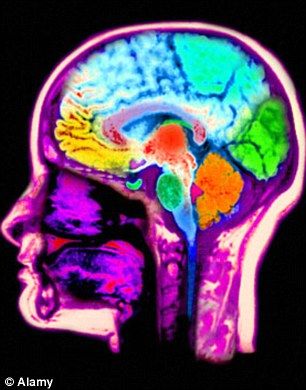
© AlamyResearch suggests people who like staying up late tend to have more evil personality traits.
Psychologists have found that people who are often described as "night owls" display more signs of narcissism, Machiavellianism and psychopathic tendencies than those who are "morning larks".
The scientists suggest these reason for these traits, known as the Dark Triad, being more prevalent in those who do better in the night may be linked to our evolutionary past.
They claim that the hours of darkness may have helped to conceal those who adopted a "cheaters strategy" while living in groups.
Some social animals will use the cover of darkness to steal females away from more dominant males. This behaviour was also recently spotted in rhinos in Africa.
Dr Peter Jonason, a psychologist at the University of Western Sydney, said: "It could be adaptively effective for anyone pursuing a fast life strategy like that embodied in the Dark Triad to occupy and exploit a lowlight environment where others are sleeping and have diminished cognitive functioning.
"Such features of the night may facilitate the casual sex, mate-poaching, and risk-taking the Dark Triad traits are linked to.
"In short, those high on the Dark Triad traits, like many other predators such as lions, African hunting dogs and scorpions, are creatures of the night."
Dr Jonason and his colleagues, whose research is published in the journal of
Personality and Individual Differences, surveyed 263 students, asking them to complete a series of standard personality tests designed to test their score for the Dark Triad traits.
